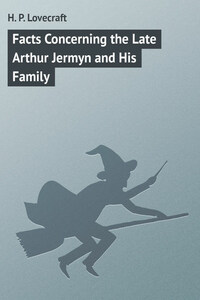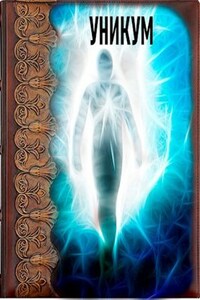Writing on what my doctor tells me is my deathbed, my most hideous fear is that the man is wrong. I suppose I shall seem to be buried next week, but…
In London there is a man who screams when the church bells ring. He lives all alone with his streaked cat in Gray’s Inn, and people call him harmlessly mad. His room is filled with books of the tamest and most puerile kind, and hour after hour he tries to lose himself in their feeble pages. All he seeks from life is not to think. For some reason thought is very horrible to him, and anything which stirs the imagination he flees as a plague. He is very thin and grey and wrinkled, but there are those who declare he is not nearly so old as he looks. Fear has its grisly claws upon him, and a sound will make him start with staring eyes and sweat-beaded forehead. Friends and companions he shuns, for he wishes to answer no questions. Those who once knew him as scholar and aesthete say it is very pitiful to see him now. He dropped them all years ago, and no one feels sure whether he left the country or merely sank from sight in some hidden byway. It is a decade now since he moved into Gray’s Inn, and of where he had been he would say nothing till the night young Williams bought the Necronomicon.
Williams was a dreamer, and only twenty-three, and when he moved into the ancient house he felt a strangeness and a breath of cosmic wind about the grey wizened man in the next room. He forced his friendship where old friends dared not force theirs, and marvelled at the fright that sat upon this gaunt, haggard watcher and listener. For that the man always watched and listened no one could doubt. He watched and listened with his mind more than with his eyes and ears, and strove every moment to drown something in his ceaseless poring over gay, insipid novels. And when the church bells rang he would stop his ears and scream, and the grey cat that dwelt with him would howl in unison till the last peal died reverberantly away.
But try as Williams would, he could not make his neighbour speak of anything profound or hidden. The old man would not live up to his aspect and manner, but would feign a smile and a light tone and prattle feverishly and frantically of cheerful trifles; his voice every moment rising and thickening till at last it would split in a piping and incoherent falsetto. That his learning was deep and thorough, his most trivial remarks made abundantly clear; and Williams was not surprised to hear that he had been to Harrow and Oxford. Later it developed that he was none other than Lord Northam, of whose ancient hereditary castle on the Yorkshire coast so many odd things were told; but when Williams tried to talk of the castle, and of its reputed Roman origin, he refused to admit that there was anything unusual about it. He even tittered shrilly when the subject of the supposed under-crypts, hewn out of the solid crag that frowns on the North Sea, was brought up.










